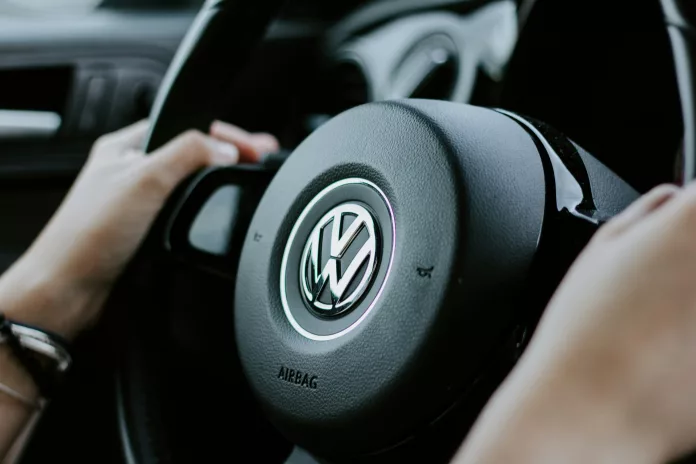Volkswagen Group‘s commitment to electrification has been a beacon of transformation within the automotive industry, especially following the pivotal Dieselgate scandal. Their ambition to launch a fleet of electric models has been lauded by electric vehicle enthusiasts worldwide. However, critique has not been spared when it comes to Volkswagen‘s efforts in software innovation. Early models in the ID range were beleaguered by software issues, and while their touchscreens are serviceable, they lack the wow factor that one expects in the digital era. Despite this, Volkswagen’s strength lies in manufacturing robust electric vehicles on a global scale.
Xpeng’s Role in Revolutionizing Volkswagen’s Tech Abilities
Xpeng, a burgeoning smart vehicle company, has earned its place as a frontrunner in integrating sophisticated technology into its vehicles, which is exactly what Volkswagen needs. Xpeng excels in creating an appealing and seamless tech experience, although it faces the challenge of distinguishing itself in the competitive markets of China and Europe. Recognizing its own need for a technological edge, Volkswagen entered a partnership with Xpeng nine months ago, aiming to develop both tech and cars collaboratively – a partnership that has only grown stronger over the months, evidenced by several announcements to enhance their joint venture.
Strategic Advancements in Electric Vehicle Architecture
At the close of February, Volkswagen and Xpeng revealed their fast-tracked cooperation on two new smart cars. This week, they’ve taken a step further by announcing their co-development efforts on a new electric vehicle platform. Together, they are crafting the China Electrical Architecture (CEA), a zonal Electrical/Electronic architecture geared towards the next wave of innovation for China-specific electric vehicle models. This initiative aims to vastly simplify the electronic control systems while enabling an efficient deployment of digital services and functions which can be updated ‘over the air’ (OTA).
The CEA will significantly reduce the number of electronic control units necessary and seamlessly incorporate features like autonomous driving. These updates are not just groundbreaking; they’re designed to be installed OTA, marking a substantial leap towards intelligent connected vehicles (ICV). Envisioned for use in Volkswagen’s locally produced electric vehicles from 2026, this architecture underpins Volkswagen’s aggressive push towards electrification and positions it as a leader in the sphere of ICVs.
The crux of this collaboration is Volkswagen’s strategic move to leverage Xpeng’s technological prowess to spearhead innovation in the company’s product line. By 2026, the first model to utilize this new architecture, an SUV, is expected to launch, which is anticipated to significantly cement Volkswagen’s standing in the electric vehicle market.
The Future of the Volkswagen-Xpeng Alliance
Enthusiasm surrounds the partnership between these two titans of industry. Volkswagen’s stately legacy, combined with Xpeng’s dynamic ingenuity, could usher a new era where the German automaker reclaims its technological throne. Xpeng also stands to gain from a more assured demand and increased revenue. As the automotive world waits with bated breath, the synergy between Volkswagen’s experience and Xpeng’s tech-savviness promises to redefine our expectations of smart, connected mobility.


























